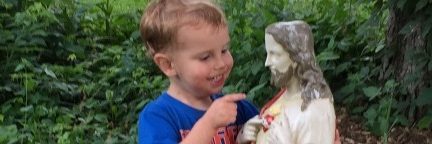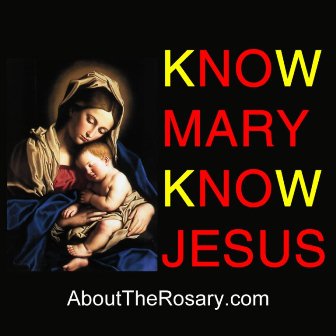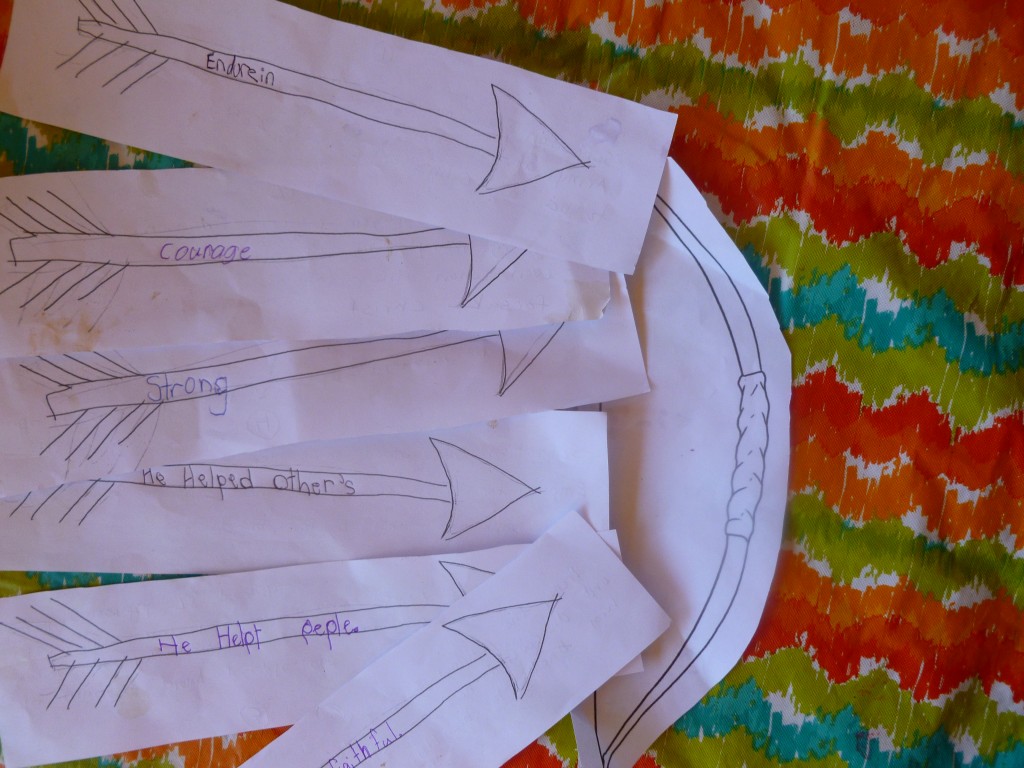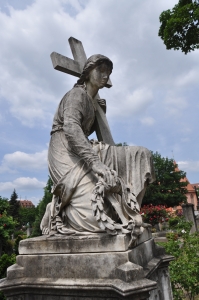I wanted to tell God He was wrong to give me this suffering-that I don’t have the character for it.
The truth is it’s easy to sound holy on “paper.” It’s easy to act like I get the point of suffering and that I know how to act. But reality is I haven’t always been happy with the way I’ve responded. I haven’t always been patient, courageous, steadfast and constant and trusted God the way the saints I write about have. I haven’t always, if ever, embraced my suffering.
But you probably can guess what’s God response is to this latest temper tantrum: that’s right, you don’t have the character for this, but you will by the end of it.
Must we always learn everything the hard way?
But that’s the simple truth of it. We cannot get to holiness—to perfection of our character—without suffering. It’s the iron the sharpens the sword, the fire that purifies the gold.
So maybe next time I do a little better and no doubt I fall again.
But through it all I see something emerging–who I am capable of being. The best version of myself, As Matthew Kelly would say. Someone I didn’t even know I could be. We learn a lot about ourselves in our suffering. Some people have even been impressed by what I have been able to do in the midst of this. But truth is, we just don’t know what we can do until we have to.
God gives us what we need when we need it–and not until we need it and not more than we need but just enough.
Really that’s what we see. We see God’s strength in us.
And we know He can do all things. so we know we will get through–and it can be beautiful, even though we fall sometimes.





